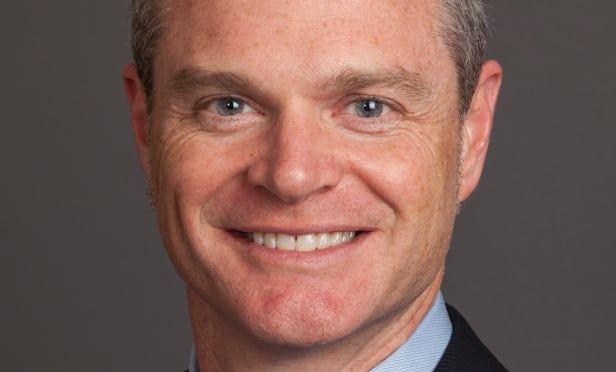SANTA ANA, CA—“Given Generation X has a high homeownership rate, and Generation Y is expected to as well, I would expect nothing different from the youngest generation,” First American Financial Corp.'s chief economist Mark Fleming tells GlobeSt.com. As we recently reported, ccording to a recent report from the firm, increasing educational attainment indicates the prospect for higher income levels and homeownership demand among Millennials.
Homeownership does tend to be a local issue, Fleming says. “While the national homeownership rate declined modestly in 2016, homeownership rates varied significantly at the market level. Small changes in potential homeownership demand hide the large amount of variation in markets across the country. The underlying factors that the Homeownership Progress Index accounts for can vary substantially by region of the country and market. Regions or markets with stronger local economies and that can attract increasingly educated Millennial households will have stronger homeownership demand in the future.”
In addition, he says, half of the top-10 markets for year-over-year growth in potential homeownership demand are in either California or Texas, while eight of the bottom 10 markets are on the East Coast or in the Midwest.
Recommended For You
Want to continue reading?
Become a Free ALM Digital Reader.
Once you are an ALM Digital Member, you’ll receive:
- Breaking commercial real estate news and analysis, on-site and via our newsletters and custom alerts
- Educational webcasts, white papers, and ebooks from industry thought leaders
- Critical coverage of the property casualty insurance and financial advisory markets on our other ALM sites, PropertyCasualty360 and ThinkAdvisor
Already have an account? Sign In Now
*May exclude premium content© 2025 ALM Global, LLC, All Rights Reserved. Request academic re-use from www.copyright.com. All other uses, submit a request to [email protected]. For more information visit Asset & Logo Licensing.









